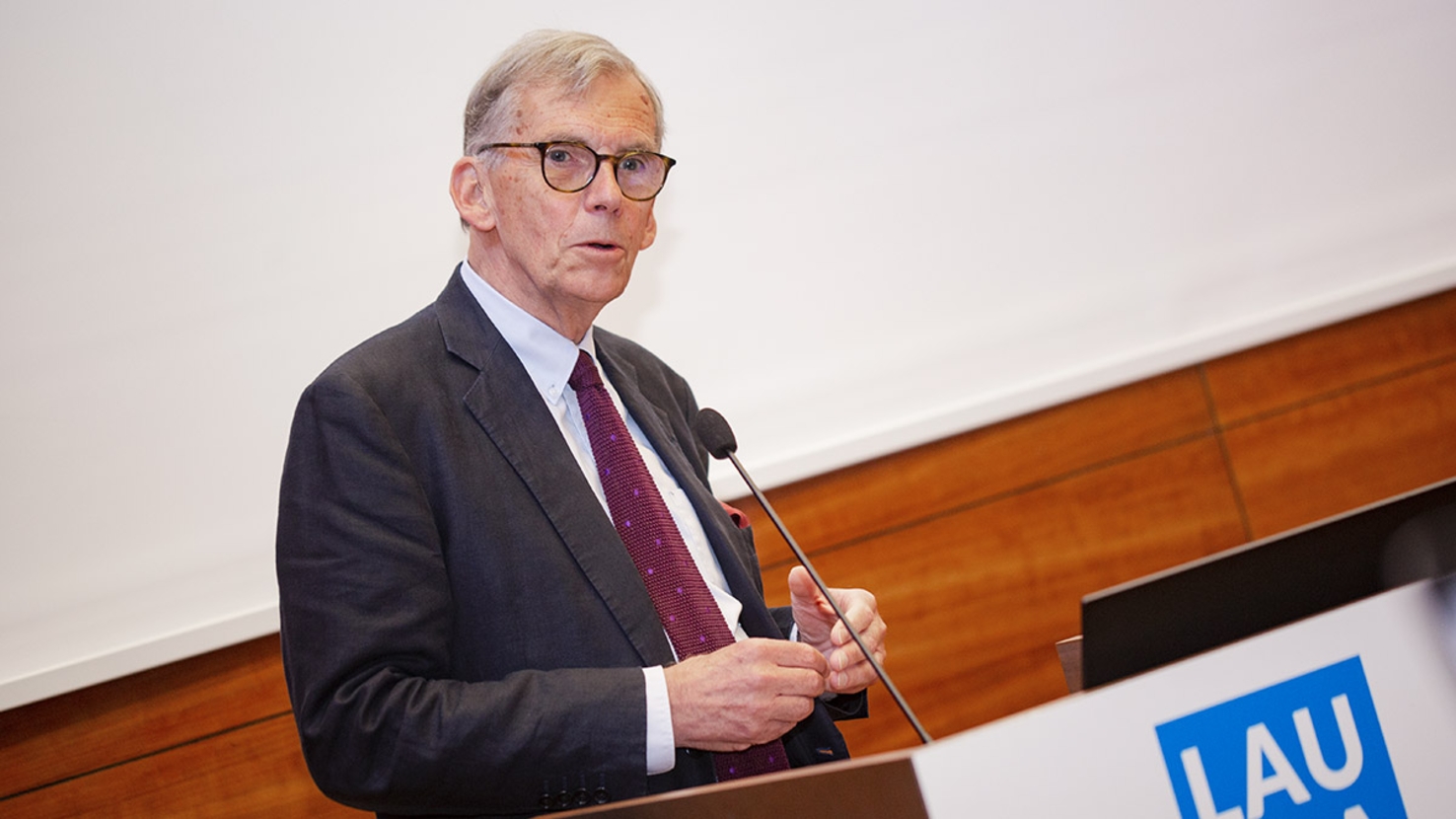Society and people need impact resistance
A seminar organised by the IRWIN project pondered joint actions to promote preparedness in crisis situations.

How can Finnish municipalities and society in general prepare for and prevent changing security threats in an increasingly complex environment? What kind of threats do hybrid influencing, disinformation and extremist movements pose to municipalities?
These topics, among others, were discussed at the “Safe Municipalities” seminar on the Laurea Tikkurila campus on 15 June, which was implemented by the IRWIN project funded by the Academy of Finland. The aim of the seminar was to develop a model for participatory national preparedness in which decision-makers, civil society and business life produce situational awareness and work together to promote preparedness in crisis situations.
“A resilient society is impact resistant”
A number of leading European security experts shared their thoughts in the seminar. Professor Sir David Omand (King's College London) was a visiting keynote speaker. He is an internationally highly respected researcher in the field of security and intelligence. Among other things, he has served as the UK’s first Intelligence and Security Coordinator, in which he was directly responsible to the Prime Minister.
In his speech, Professor Omand emphasised the importance of resilience, from the perspective of both individuals and communities. Omand contributed to the strategy for combating terrorism in his country following the September 11 terrorist attacks in the United States, and he stressed resilience even back then:
“There’s a good metaphor in physics: when an object is resilient, it regains its shape after an impact. In the midst of a crisis, as we have now seen in Ukraine, people must also be impact resistant,” he explained.
“Impact resistance does not necessarily mean that society will regain the same shape; instead, the crisis will create something new and more sustainable. An example of this is recovering from the coronavirus pandemic.”
Wicked problems challenge municipalities
In addition to Professor Sir David Omand, a number of leading European security experts shared their thoughts in the seminar. There were representatives from the Swedish Defence University and the Swedish Psychological Defence Agency, the Finnish Prime Minister's Office and the Finnish Institute of International Affairs.
The topics covered by the presentations and panel discussions included violent radicalisation, the protection of critical infrastructure, and the effects of smearing or trolling on democratic decision-making. These phenomena were examined particularly from the perspectives of citizens and municipalities.
The Information Resilience in a Wicked Environment (IRWIN) project is a three-year (2021–2023) interdisciplinary venture funded by the Academy of Finland, which studies the security of data supply in a complex environment. The venture develops a model for participatory national preparedness in which decision-makers, civil society and business life produce situational awareness and work together to promote preparedness in crisis situations.
The IRWIN project is implemented by the University of Vaasa, the University of Eastern Finland, Laurea University of Applied Sciences and the Finnish National Defence University. Laurea's contribution to the project focuses on how citizens' participation and the role of citizens as users, utilisers and also as producers of data are realised.